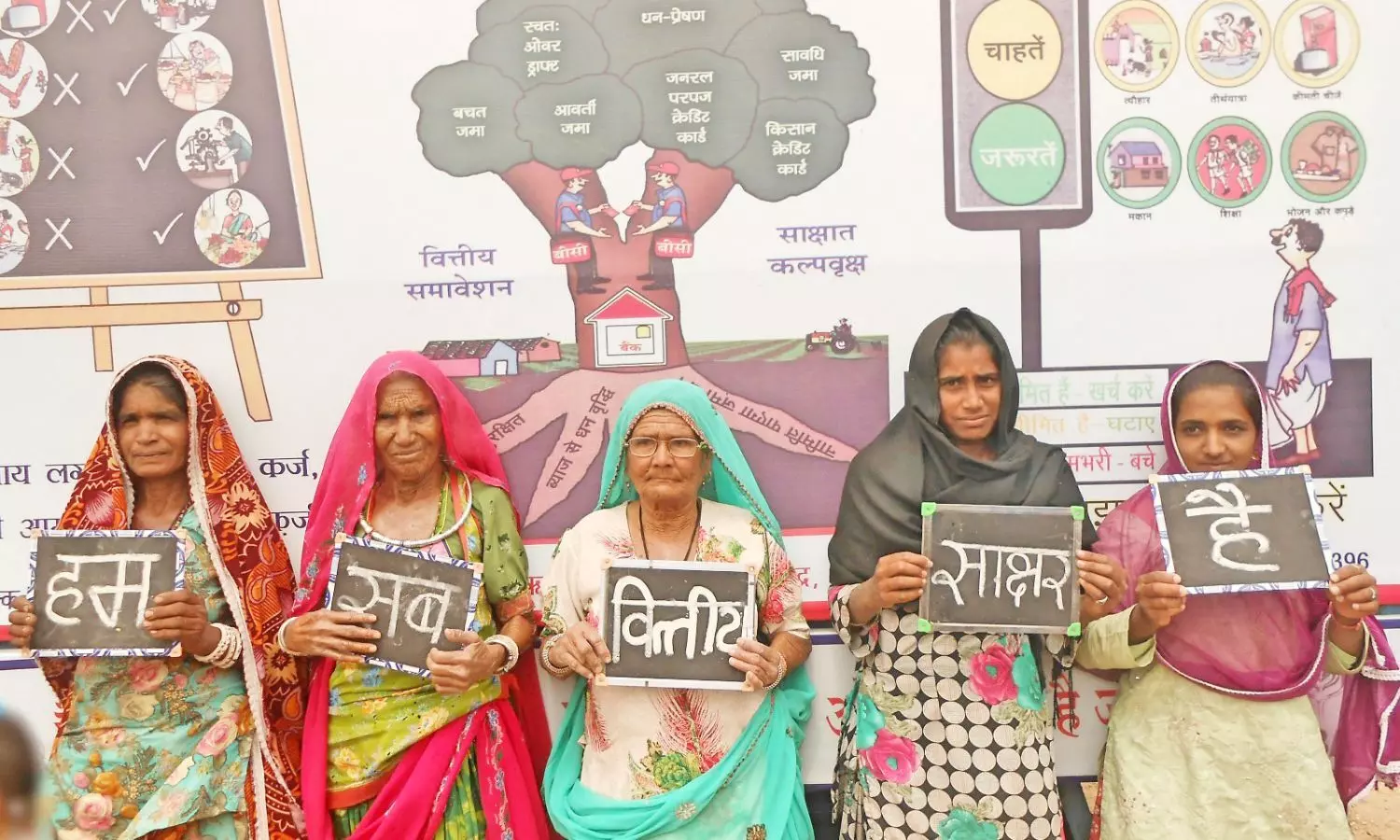Empowering Indian Women Through Financial Literacy: Strategies and Impact

Empowering Indian Women Through Financial Literacy
Learn how financial literacy empowers Indian women. Explore strategies, success stories, and the impact of financial education on women's empowerment.
Financial literacy is a cornerstone of empowerment, particularly for women in India. As the nation progresses, understanding financial principles is not just an advantage but a necessity for women seeking independence, security, and a voice in their economic future. Empowering women through financial literacy transcends mere knowledge. It transforms lives, fosters equality, and fuels economic growth.
The Importance of Financial Literacy for Women
Financial literacy encompasses the knowledge and skills needed to make informed financial decisions. For women, this includes understanding budgeting, investing, saving, and managing debt. Financial literacy is particularly critical in India due to the historical and systemic financial disparities faced by women.
Breaking Barriers to Economic Independence - Historically, women in India have faced significant barriers to financial independence. Traditional gender roles and societal norms have often limited women's access to financial resources and decision-making power. Financial literacy equips women with the tools to overcome these barriers, enabling them to manage their finances effectively, make strategic investments, and plan for their future.
Enhancing Economic Security- Economic security is vital for personal and familial stability. Women who are financially literate can better manage their resources, avoid debt traps, and build savings. This financial stability is essential for ensuring that women can weather economic uncertainties and contribute meaningfully to their households' financial well-being.
Promoting Gender Equality - Financial literacy plays a critical role in advancing gender equality. By empowering women with financial knowledge, society can challenge traditional gender roles and promote equal opportunities in the workforce and entrepreneurial ventures. Educated women are better positioned to advocate for their rights and contribute to economic development.
Current Challenges in Financial Literacy for Indian Women
Despite progress, several challenges hinder the widespread adoption of financial literacy among Indian women. Understanding these obstacles is crucial for developing effective strategies to address them.
- Lack of Access to Resources - Access to financial education resources remains limited, particularly in rural and semi-urban areas. Many women in these regions lack exposure to financial literacy programs, which affects their ability to make informed financial decisions. Bridging this gap requires targeted outreach and the development of accessible educational tools.
- Socio-Cultural Barriers - Socio-cultural norms often restrict women's participation in financial activities. Traditional beliefs that prioritize men as financial decision-makers can disempower women and limit their financial involvement. Challenging these norms and promoting inclusive financial practices is essential for fostering a more equitable financial landscape.
- Educational Gaps - There is often a lack of formal financial education in schools and communities. Without early exposure to financial concepts, many women enter adulthood with limited financial knowledge. Integrating financial literacy into educational curricula and community programs can address this gap and build a foundation for lifelong financial competence.
Strategies for Promoting Financial Literacy Among Women
Addressing the challenges and promoting financial literacy among women requires a multifaceted approach. Effective strategies include:
1. Expanding Educational Programs
Developing and expanding financial literacy programs tailored to women's needs is essential. These programs should cover topics such as budgeting, saving, investing, and debt management. Collaborations between educational institutions, government agencies, and NGOs can facilitate the delivery of these programs to diverse audiences.
2. Utilizing Technology
Leveraging technology can enhance the reach and effectiveness of financial literacy initiatives. Mobile apps, online courses, and social media platforms can provide women with accessible and interactive financial education. Technology also enables real-time support and personalized financial advice.
3. Encouraging Community-Based Initiatives
Community-based initiatives play a vital role in promoting financial literacy. Local workshops, seminars, and support groups can offer practical advice and build confidence in financial management. These initiatives should be culturally sensitive and address the specific needs of the community.
4. Integrating Financial Literacy in School Curricula
Introducing financial literacy as a mandatory component of school curricula can lay the groundwork for future financial competence. By educating young girls and boys about financial management, schools can foster a generation that values and understands financial independence.
5. Providing Access to Financial Services
Ensuring that women have access to financial services is crucial for their empowerment. This includes facilitating access to banking services, credit, and investment opportunities. Financial institutions should offer products and services tailored to women's needs and provide financial education as part of their offerings.
The Road Ahead: Building a Financially Literate Future
To continue advancing financial literacy for women in India, several steps are essential:
Policy Support and Advocacy - Government policies should support and promote financial literacy initiatives. This includes funding for educational programs, incentives for financial institutions to offer women's products, and legislation that addresses barriers to financial access.
Continuous Education and Adaptation - Financial literacy programs should be continuously updated to reflect changing financial landscapes and emerging needs. Ongoing education ensures that women remain informed about new financial products, technologies, and strategies.
Collaboration and Partnerships - Collaborations between government, non-profits, financial institutions, and educational organizations can enhance the effectiveness of financial literacy programs. Partnerships can help pool resources, share expertise, and reach a broader audience.
Empowering women through financial literacy is not just a matter of education; it is a transformative force that drives economic independence, equality, and growth. By addressing the barriers to financial literacy and implementing effective strategies, India can unlock the full potential of its women, fostering a more inclusive and prosperous future.















